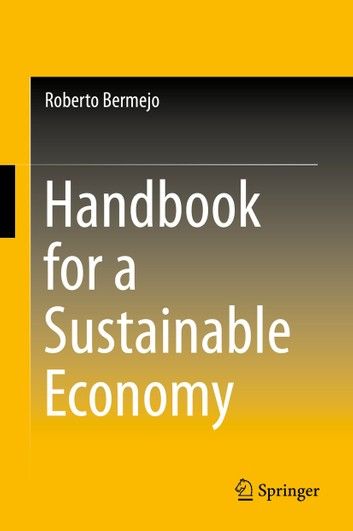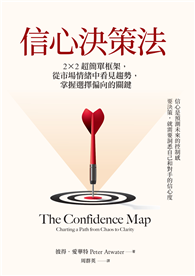| FindBook |
有 1 項符合
Handbook for a Sustainable Economy的圖書 |
 |
Handbook for a Sustainable Economy 作者:Roberto Bermejo 出版社:Springer Netherlands 出版日期:2014-07-15 語言:英文 |
| 圖書館借閱 |
| 國家圖書館 | 全國圖書書目資訊網 | 國立公共資訊圖書館 | 電子書服務平台 | MetaCat 跨館整合查詢 |
| 臺北市立圖書館 | 新北市立圖書館 | 基隆市公共圖書館 | 桃園市立圖書館 | 新竹縣公共圖書館 |
| 苗栗縣立圖書館 | 臺中市立圖書館 | 彰化縣公共圖書館 | 南投縣文化局 | 雲林縣公共圖書館 |
| 嘉義縣圖書館 | 臺南市立圖書館 | 高雄市立圖書館 | 屏東縣公共圖書館 | 宜蘭縣公共圖書館 |
| 花蓮縣文化局 | 臺東縣文化處 |
|
|
Since the 1992 World Scientists’ Warning to Humanity, the looming prospect of Earth’s changing climate has inspired a broad movement dedicated to a sustainable future. In this Handbook, the author explains the elements of a sustainable economy, the development of which must be undertaken if we are to retain our civilization.
The first section offers a critical analysis of orthodox economical thinking, and the tools used by the conventional economy to solve the “environmental problem.” The author examines the theory and tools of Environmental Economics addressing the commodification of nature, and offers analysis of the theoretical and practical contradictions which arise from attempts to combine environmental protection and free trade.
Part II discusses the principles and tools needed to build a sustainable economy, including the concept of biomimicry as a guiding principle of sustainability, a brief description of the adaptive cycle of ecosystems and explains the concept of transformability and the factors that determine it. Discussion includes a broad evaluation of the capacity for transformation of National Sustainable Development Strategies and an analysis of the essential requirements of ecology-based tax reform. Also included is a critical vision of the dominant paradigm of science and technology.
The third section explores sustainable production and consumption, discussing energy, transport, the circular economy of materials and sustainable consumption. Included are a detailed analysis of factors that determine the limits of fossil fuels, a description of the peak oil structural effect and its sectoral impacts, an overview of a sustainable electric system and a review of biofuels, electricity and hydrogen. The author concludes that only hydrogen associated to fuel offers a sustainable alternative to oil. Discussion includes a view of the structural causes of the current high-level consumption model through the lens of motivation, provision and access systems and a detailed description of policies that must be adopted as part of a sustainable consumption strategy.
The final chapter undertakes the task of analyzing the capability of our societies to transform themselves to reach sustainability. The author broadly evaluates each factor, as a prior step to carrying out an overall evaluation and demonstrates that in order to accomplish a comprehensive analysis, a multidisciplinary group is necessary.
|











